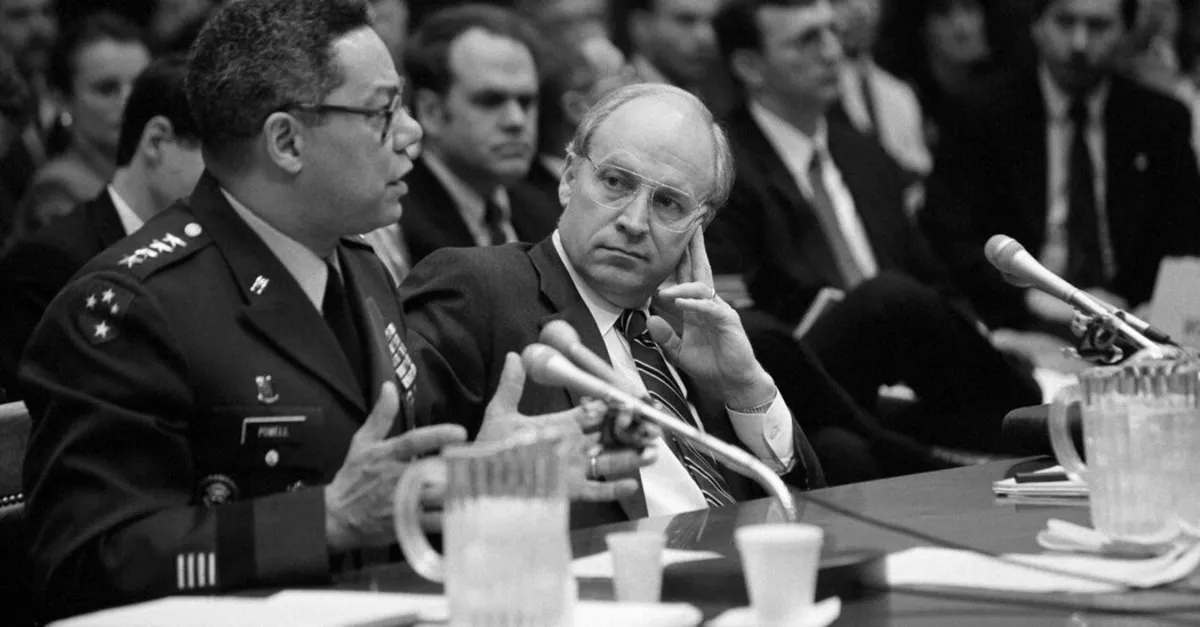
Dick Cheney, often considered the most powerful vice president in American history, passed away on Monday at the age of 84. He served as the vice president under President George W. Bush and was an influential figure in shaping policies during an era marked by terrorism, war, and significant economic change. According to his family, the cause of death was complications from pneumonia, as well as cardiac and vascular diseases.
Cheney had battled health issues throughout his adult life, experiencing five heart attacks between 1978 and 2010. Despite these challenges, he managed to remain a formidable presence in Washington, even undergoing a successful heart transplant in 2012. Recently, he made headlines by announcing his support for Vice President Kamala Harris in the upcoming 2024 election, a surprising move that highlighted his concerns about the state of American democracy under Donald Trump.
Unlike any of his predecessors, Cheney was less focused on personal ambition for higher office and more concentrated on wielding power effectively from the vice presidency. His extensive political background included a decade in the House of Representatives, a term as the youngest White House chief of staff, and a role as defense secretary from 1989 to 1993. This impressive resume made him a key advisor to Bush, particularly in matters of national security.
Cheney’s leadership style was characterized by a preference for working behind the scenes, often avoiding the media spotlight. He was known for his ability to navigate complex political landscapes, championing initiatives that involved deploying military power abroad, advocating for tax cuts, and reinforcing the powers of the presidency.
As a significant architect of national security policy, Cheney played a crucial role in the Gulf War, helping to orchestrate the military response that expelled Iraqi forces from Kuwait in 1991. He was also instrumental in the U.S. response to the September 11, 2001, terrorist attacks, advocating for aggressive measures such as warrantless surveillance and the controversial practices of indefinite detention and enhanced interrogation techniques.
His push for the invasion of Iraq in 2003, based on claims of weapons of mass destruction, marked a pivotal moment in his career. The war led to a protracted conflict that claimed thousands of American lives and shifted the political landscape in the Middle East.
While Cheney’s influence was undeniable, it was not without controversy. His strong support for expansive executive powers and aggressive military action drew criticism from both sides of the aisle. The implementation of policies such as the USA Patriot Act, which increased government surveillance capabilities, sparked debates about civil liberties and government overreach.
Moreover, the intelligence failures regarding Iraq’s alleged weapons of mass destruction led to significant scrutiny of Cheney and the Bush administration. Despite evidence to the contrary, he maintained that the decision to invade Iraq was justified, asserting that it was necessary for national security.
Cheney's tenure was marked by a deep polarization within American politics. While he was celebrated by many Republicans as a stalwart of conservative values and a champion of the military, critics portrayed him as a symbol of government secrecy and corporate corruption. His business ties to Halliburton, an oil services company, further fueled accusations of conflicts of interest.
In the years following his vice presidency, Cheney remained an active voice in national security debates, often critical of the Obama administration's policies. His commitment to defending the decisions made during the Bush administration showcased his dedication to his legacy, despite the controversies surrounding it.
Dick Cheney was born on January 30, 1941, in Lincoln, Nebraska, and raised in Casper, Wyoming. His early life experiences shaped his conservative values and political ambitions. Cheney's journey through politics began in the late 1960s, and he quickly climbed the ranks, becoming a key player in national politics by the time he assumed the vice presidency.
He is survived by his wife, Lynne, two daughters, and seven grandchildren. As the nation reflects on his complex legacy, Cheney’s impact on American politics and global security will undoubtedly be a topic of discussion for years to come.